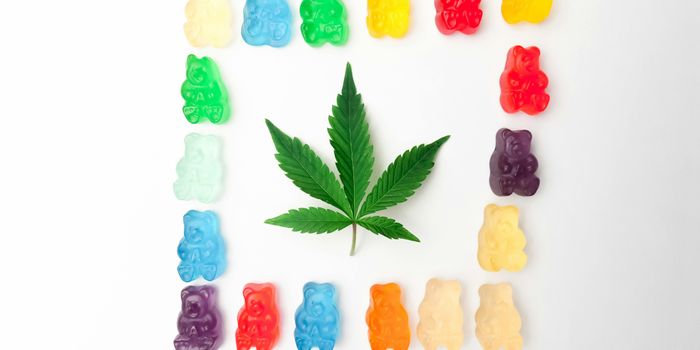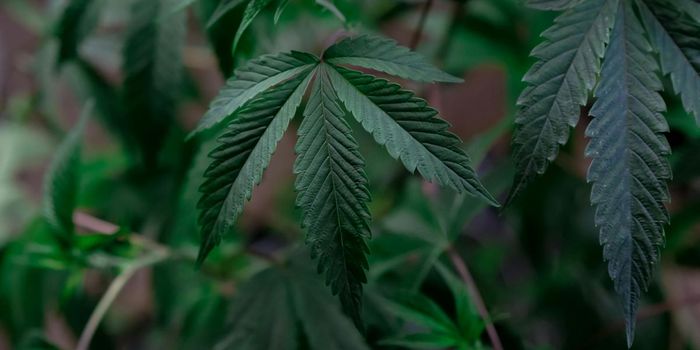CBD Ineffective for Treating Substance Use Disorders

CBD has gained significant interest in treating substance use disorders. Multiple mechanisms have been hypothesized to explain how CBD may treat the condition, including modulation of the endocannabinoid, serotoninergic, and glutamatergic systems.
Despite increasing interest in CBD's therapeutic potential, studies investigating its clinical efficacy, especially for substance use disorders, have produced inconsistent results. The researchers behind the present study thus conducted an umbrella review to synthesize findings from previous systematic reviews evaluating CBD for managing substance use disorders.
They included 22 systematic reviews in their review, of which five performed meta-analyses. While they found that the evidence was mixed for CBD to manage and treat substance use disorders, they found that nabiximols, which contain both CBD and THC, had a positive effect on cannabis withdrawal and craving symptoms. Nabixiols, however, did not reduce substance use or improve abstinence.
While some studies hypothesized that CBD may modulate certain acute effects of tetrahydrocannabinol (THC), such as anxiety or psychosis-like symptoms, they found that the appearance of such effects was inconsistent across studies. This, they noted, indicates that evidence is inconclusive as to whether CBD induces or moderates THC effects.
“This umbrella review does not suggest any efficacy of CBD monotherapy as a therapeutic agent in SUDs. CBD primarily exhibits effects on cannabis withdrawal and craving symptoms when combined with THC in nabiximols,” wrote the researchers in their study.
“We found no evidence for CBD alone, in the absence of THC, in managing cannabis and other substance use disorderss. Notably, few systematic reviewss on this topic were of high methodological quality. Additional research is essential, incorporating data from robust randomized controlled trials, using comparable CBD interventions and standardized outcome measures,” they concluded.
Sources: Addiction








